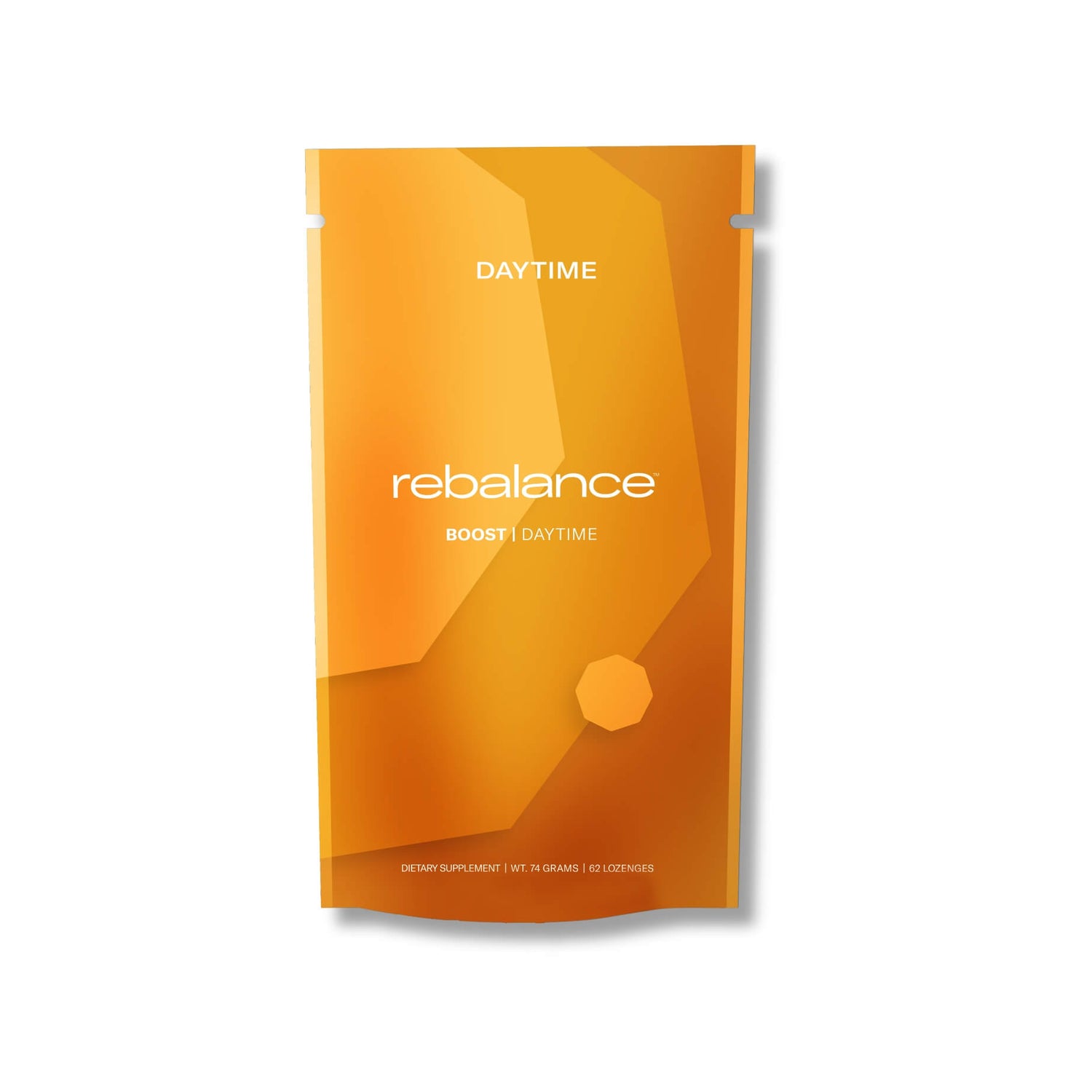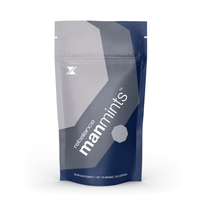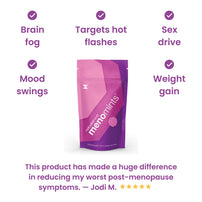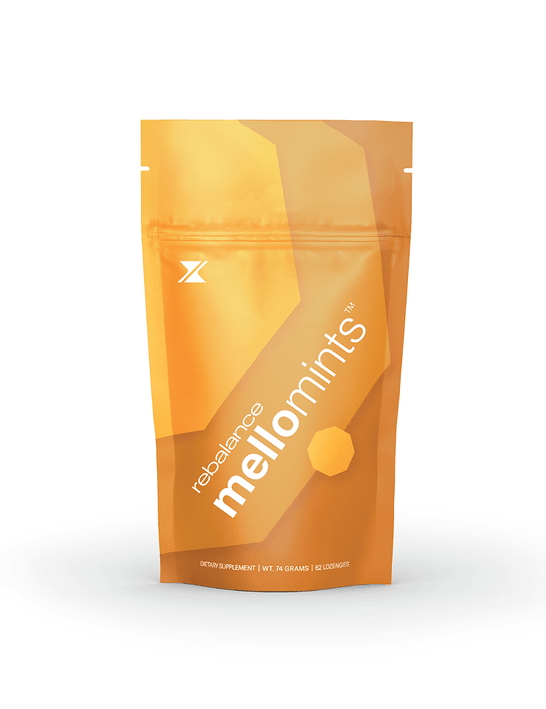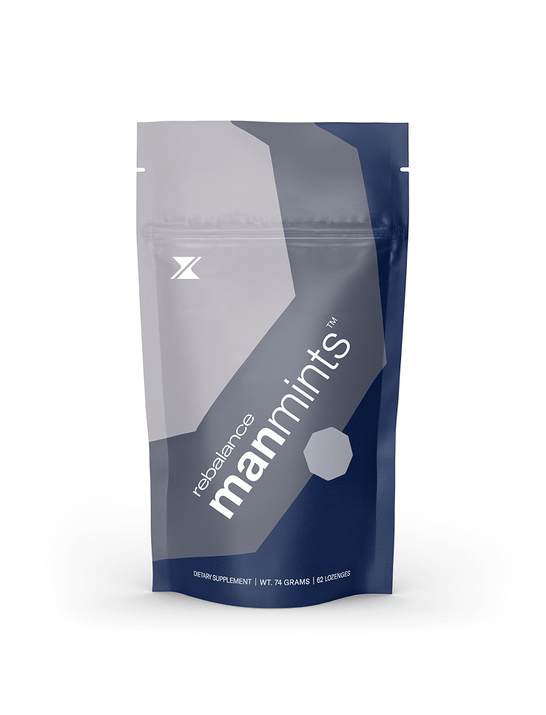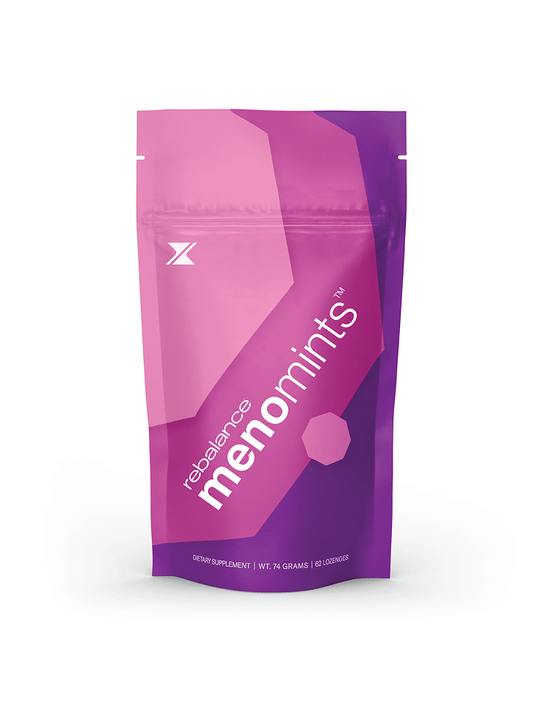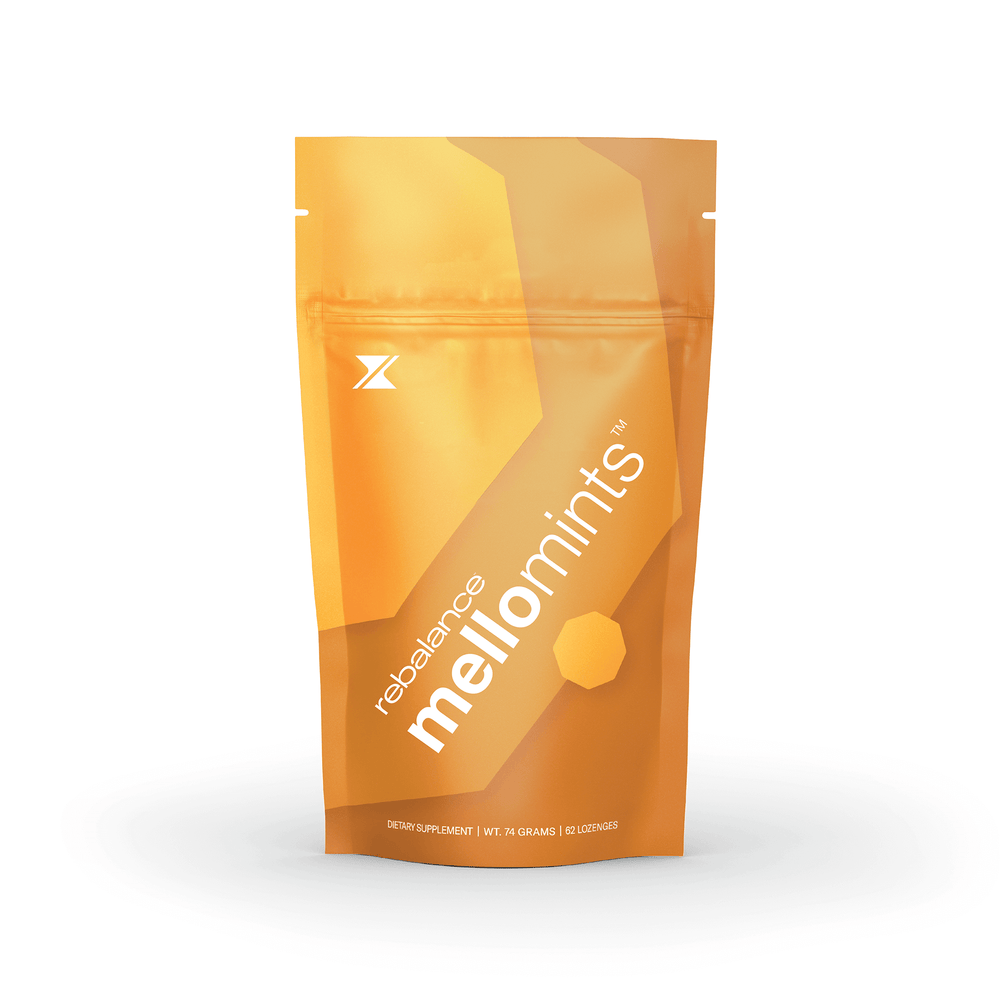Do Diets Actually Work? Popular Diets Explained
03/03/2023 by Anna Meyer

INSIDE THIS ARTICLE
You’ve probably tried a diet or two in your lifetime. Maybe you went on a juice cleanse to detox, or participated in Dry January and gave up alcohol for the month. Maybe you’ve even attempted one of those fad diets that were all the rage for a hot minute (we’re looking at you, cabbage soup diet).
But do diets actually work? The answer is—maybe. It really depends on what type of diet you’re talking about. Some diets, like the Mediterranean diet, have been shown to have many health benefits. Other diets, like the Keto diet, may help you lose weight in the short term but may not be sustainable in the long term.
Let’s take a closer look at the benefits of a healthy diet and some of the most popular diets out there and what they entail.
Benefits of a Balanced Diet
Eating a balanced diet can improve your energy levels, boost your immune system, improve your skin, nails, and hair, and reduce your risk of chronic illnesses such as diabetes, heart disease, and cancer. What’s more, researchers have found that food may act as hormones, activating messenger reactions in your body like regular hormones do. This means, like hormones, food may influence anything from glucose metabolism and energy intake right down to inflammation and weight gain.
So your diet can make or break you. But which diet is best for you?
Different Types of Diets
Before we dive into specific diets, let’s first talk about how to choose the best diet for you. There are a few things you should keep in mind:
- Your goals: What are you hoping to achieve by going on a diet? Certain diets are better for sustainable weight loss, while others are better for treating medical conditions. Which diet you choose should, in part, be based on the goal you’re trying to achieve.
- Your lifestyle: Can you realistically see yourself sticking to this diet long-term? If a diet requires cooking all your meals from scratch and you don’t have time for that, it’s probably not the right fit for you.
- Your food preferences: If you hate fish, there’s no point in going on a seafood-heavy diet like the Mediterranean diet—you’re just setting yourself up for failure. Choose a diet that has foods you enjoy or at least allows you to substitute foods you dislike.
With all that being said, let’s take a closer look at some popular diets out there.
The Paleo Diet
The Paleo diet is based on the premise that humans should eat the same foods that our hunter-gatherer ancestors ate during the Paleolithic era—aka the Stone Age. The logic behind this diet is that our bodies haven’t evolved to process modern foods like grains, legumes, dairy products, sugar, and processed oils—all of which were introduced after agriculture was established approximately 10,000 years ago.
So what foods are allowed on the Paleo diet? Anything that could be hunted or gathered during Paleolithic times: meat, seafood, eggs, fruits, nuts, and seeds. Foods that are not allowed include grains, legumes, dairy products, processed foods, added sugars, and vegetable oils. Yes, that means no more bagels with cream cheese. We know, sometimes self-care hurts. A lot.
What makes the Paleo diet beneficial? For starters, you’re likely to eat fewer calories since you’ll automatically cut out unhealthy, calorie-dense foods like refined carbs and processed sugars. You’ll also eat more nutrient-rich whole foods, which may boost your energy levels and improve your overall health. More specifically, the Paleo diet has been shown to improve fasting glucose and may reduce the risk of diabetes and cardiovascular diseases.
"Not everything that was eaten long ago is healthy in any amount, nor are modern foods universally unhealthy.”
Kamal Patel – Co-Founder, Examine
However, there are also some cons, including potential deficiencies in certain nutrients like calcium and vitamin D. As Kamal Patel, co-founder of Examine, notes: “There’s no single paleolithic diet that humans ate — our ancestors were spread among many different food environments. Rigid paleo food plans can lead to confusion and low adherence. Not everything that was eaten long ago is healthy in any amount, nor are modern foods universally unhealthy.”
The Keto Diet Explained
The keto diet is based on an extremely low carbohydrate intake with a high fat intake. The idea is that you drastically reduce your carb consumption and replace it with high-quality fats. This macronutrient ratio causes your body to enter a state of ketosis—when your body burns fat for energy instead of carbohydrates. Some foods you’re allowed to eat include meat, poultry, dairy products, and low-carb fruits and veggies like berries, cauliflower, avocados, and bell peppers.
Initially, the diet was used to treat medication-resistant epilepsy, which had incredible results. In a study conducted by Eileen and colleagues, the researchers found that the keto diet reduced seizures by over 90% in 22% of the children, and 18% of the children had experienced a decrease of between 50% and 90% in seizures. Most of these children were having about 230 seizures a month prior to starting Keto.
The diet has since been used to manage PolyCystic Ovary Syndrome, type 2 Diabetes, and most often, weight loss. However, because this way of eating is so restrictive, it's hard to stick to long term. Eating out and attending social events can be especially challenging. Not to mention that you have to cut out a lot of scrumptious foods like pasta and garlic bread. Cut out pasta?! Impastable!
The Mediterranean Diet
The Mediterranean Diet is based on eating patterns from countries bordering the Mediterranean Sea, specifically countries like Greece and Italy. Interestingly, certain regions in these countries form part of what is called the Blue Zones.
Blue Zones are regions across the world where people live the longest. Researchers believe that the diets of the people who live in these Blue Zones are a major contributing factor to their longevity and excellent health, with the Mediterranean diet being one diet that is followed in these Blue Zones.
This diet focuses on mostly plant-based foods, including fruits, vegetables, whole grains, beans, nuts, seeds, and olive oil, as well as moderate amounts of fish, poultry, and red wine. Dairy products and red meat are eaten sparingly.
The Mediterranean diet has incredible health benefits without being too restrictive. In fact, in one study, researchers placed 80 male Italian subjects with Multiple Sclerosis on the Italian Mediterranean diet. They found subjects lost a significant amount of body fat, especially around the waist, and that MS was in remission in 52% of the subjects. They also saw significant improvements in blood pressure, fasting glucose, and cholesterol profiles. This diet may be an excellent alternative to the more restrictive diets while still providing great health and weight loss benefits.
Low Carb Diet
The Low Carb Diet is sort of like a sibling to the Keto diet. Except instead of high fat and moderate protein, it’s usually the other way around and there’s no emphasis on entering ketosis. Plus, you’re allowed up to 150g of carbs per day.
This way of eating has been effective for weight loss as well as improving insulin sensitivity among people with type 2 diabetes. Low Carb diets focus on mostly protein-rich foods, including meat, fish, poultry, eggs, and full-fat dairy, as well as non-starchy vegetables like leafy greens, broccoli, and Brussels sprouts.
One of the major benefits of the Low Carb diet is that you don’t have to count calories. Simply eat until you’re full. Now you’re probably wondering how you stop yourself from overeating and stalling your weight loss if you’re not counting calories. But researchers have found that low carb diets cause subjects to reduce their calorie intake spontaneously without keeping track of their calories. Which may be incredibly useful if you hate calorie counting. As with Keto, sticking to the diet long-term may be a problem since it can be restrictive.
A complete, nutritious diet is important for health and hormone balance, which is why nutrition is one of the critical components of rebalancing hormones. And choosing one of these diets can be a great start to making positive changes in your health and wellness journey. Take the plunge and start turning your health goals into reality.
Overview

Stay Calm. Sleep Deep. Wake Clear.
A lozenge that supports deep sleep, better REM, and calmer nights. Without melatonin — unless you want it.
